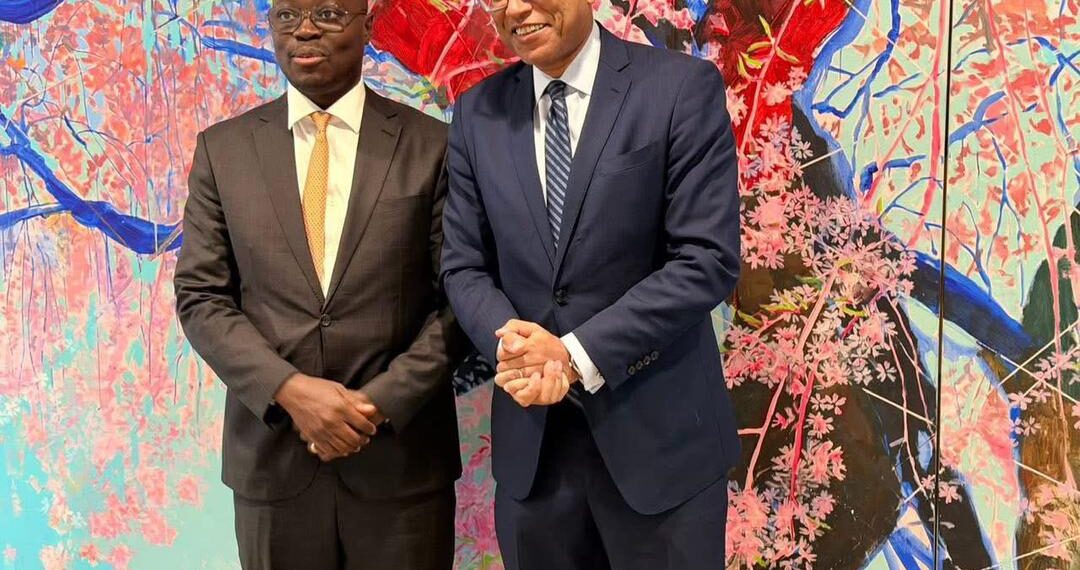The Government of Ghana has announced a large-scale agriculture-driven initiative aimed at generating over 500,000 jobs across the country through the cultivation and development of economic crops such as oil palm, cashew, coconut, and rubber.
Finance Minister Dr. Cassiel Ato Forson disclosed the plan during a meeting with the Regional Vice President for Africa at the International Finance Corporation (IFC), Ethiopis Tafara, in Washington D.C.
The engagement focused on strengthening collaboration between Ghana and the IFC to attract new investments that will support the country’s agricultural transformation agenda.
As part of the initiative, government is finalising a comprehensive Oil Palm Plantation Policy, which will be presented in the 2026 Budget.
The policy forms part of a broader strategy to modernise agriculture, expand industrial processing, and create employment opportunities along the entire value chain, from cultivation to exports.
The initiative seeks to position agriculture as a major driver of inclusive economic growth while ensuring that smallholder farmers benefit from new opportunities in commercial farming, processing, and agribusiness.
To finance the programme, government is working with the World Bank, IFC, and other development partners to mobilise patient capital and encourage private sector participation in developing large-scale plantations and related agro-industries.
The IFC reaffirmed its commitment to supporting Ghana’s agricultural development priorities, describing the sector as vital for creating sustainable jobs and unlocking Africa’s demographic potential.
The move reinforces government’s broader vision of using agriculture as a catalyst for economic recovery, food security, and export diversification.




















